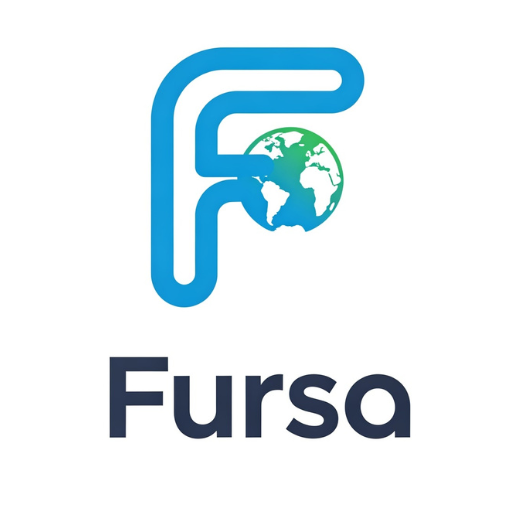Securing funding is a game-changer for nonprofits, but crafting a winning grant proposal can feel daunting. Welcome to the Grant Writing Masterclass, your go-to resource for mastering the art of grant writing. In this guide, we’ll walk you through a step-by-step process, share a practical template, highlight common pitfalls to avoid, and inspire you with a real-world success story from an NGO that turned their vision into reality.
Whether you’re a nonprofit leader or a first-time grant writer, this masterclass will equip you with the tools to confidently pitch your mission to funders.
Step-by-Step Guide to Crafting a Grant Proposal
-
Understand the Funder’s Goals
Before you write, research the funder’s mission and priorities. Align your proposal with their objectives—whether it’s education, healthcare, or community development. For example, if applying for a USAID grant, emphasize measurable outcomes.
-
Write a Compelling Cover Letter
Introduce your organization and project briefly. Highlight your impact and why you’re the right fit. Keep it personal but professional, addressing the funder by name if possible.
-
Develop a Clear Project Narrative
Describe your project in detail: What problem are you solving? How will you do it? Why now? Use data to back your claims—e.g., “Our literacy program reached 500 students in 2024, with 80% improving reading scores.”
-
Create a Realistic Budget
Break down costs transparently (e.g., staff, materials, overhead). Funders appreciate clarity. Avoid inflating numbers—stick to what’s necessary.
-
Include an Evaluation Plan
Explain how you’ll measure success. Will you track participants, outcomes, or community impact? For instance, “We’ll survey 100 beneficiaries to assess skill development.”
-
Polish and Proofread
Errors undermine credibility. Use tools like Grammarly, and have a colleague review your proposal. Ensure your tone is confident and concise.
Grant Proposal Template
Need a starting point? Download our free Grant Proposal Template (PDF). It includes sections for:
- Cover Letter
- Executive Summary
- Project Description
- Budget
- Evaluation Plan
Customize it to fit your project, and you’ll be ready to submit in no time.
Common Pitfalls to Avoid
- Vague Objectives: Don’t say “we’ll improve education.” Specify how (e.g., “train 50 teachers in STEM”).
- Ignoring Guidelines: Follow the funder’s format and word limits exactly.
- Overpromising: Be ambitious but realistic. Promising to “end poverty” sets you up for scrutiny.
- Weak Impact Data: Use numbers or stories to show past success, even if small.
- Last-Minute Rush: Start early to avoid sloppy proposals. Aim to finish a week before the deadline.
Success Story: Hope Rising NGO
In 2023, Hope Rising, a small NGO in Kenya, applied for a $50,000 grant from the Global Fund for Women. With no prior grant-writing experience, their team followed a structured approach:
- Researched the funder’s focus on gender equality.
- Wrote a narrative showcasing their women’s vocational training program.
- Included a modest budget for tools and trainers.
- Highlighted past impact: “Trained 200 women, with 60% starting businesses.”
The result? They won the grant, expanded their program to 500 women, and now mentor other NGOs. Their key takeaway: “Clarity and authenticity matter more than fancy words.”
Get Started Today
Ready to write your winning proposal? Use our template, follow the steps above, and avoid the pitfalls. Share your grant-writing tips or success stories in the comments below, or contact us at info@fursablog.com to feature your NGO.
Stay tuned for more in our Grant Writing Masterclass series, where we’ll dive into advanced strategies and funder-specific advice.
